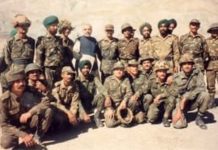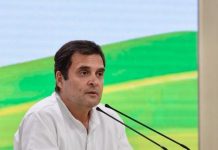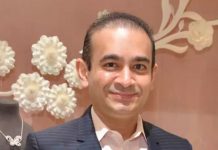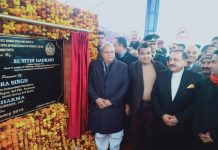Doubts over EVMs have cast a cloud over poll process. Also, the way the Opposition is being targeted by ruling dispensation, one wonders if there will be any Opposition left before the elections ? …By Humra Quraishi
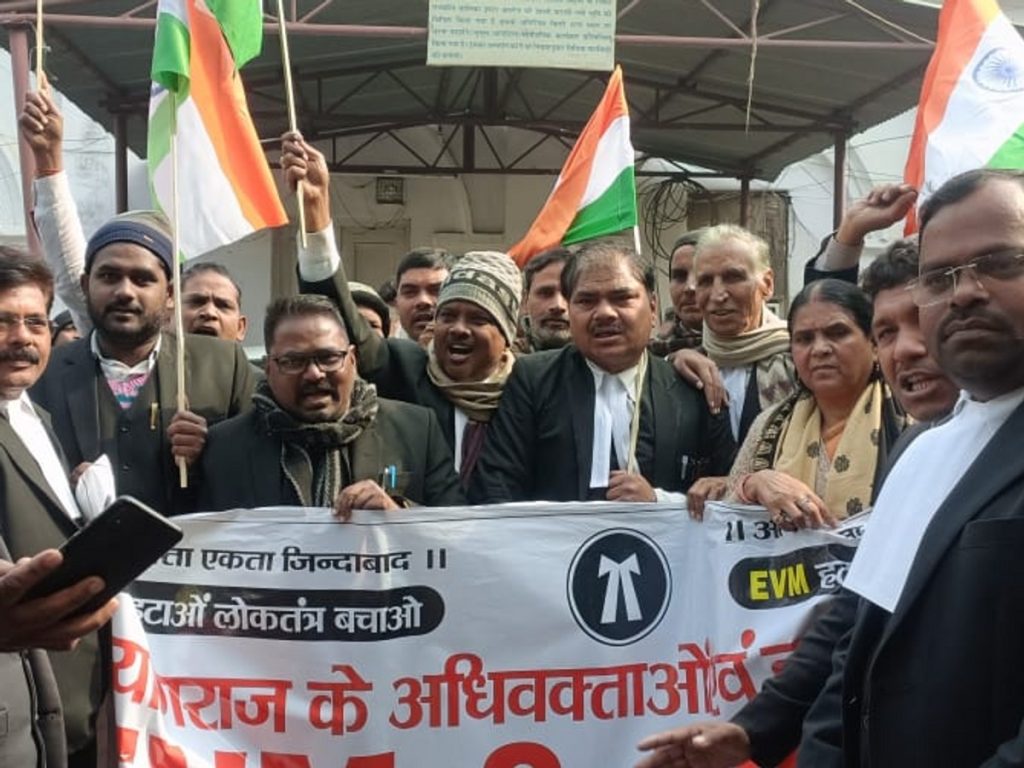
Unease and apprehensions are coming to the fore as hundreds of activists, retired civil servants and lawyers are coming up with genuine doubts about the EVMs and the connected aftermath… will there be transparency and accountability?
Compounding the scenario, the next query: Will there be any Opposition left before the general elections? With the arrest of Jharkhand chief minister Hemant Soren of the Jharkhand Mukti Morcha, such apprehensions are spreading out.
Doing the rounds is the obvious – at the rate the Opposition is getting targeted, will there be any elections..fair and free from fear?! Relays of the tough-turbulent times to come seem writ large as evidenced by the recent elections for the Chandigarh mayor’s post. Both AAP and Congress candidates have accused the BJP of employing manipulative tactics to influence the outcome.
Also, stands out the fact that senior opposition leaders are forewarning that violence could be used by the ruling brigades to create an atmosphere of fear. Though let me hasten to add that fear-laden atmosphere already well exists! Every single day, the common man is the target. Where does he or she go for help! Who’s there to hear those cries of our fellow citizens in these homeless- jobless-penniless- hopeless times, as homes and shops and age old structures and monuments are getting bulldozed!
He saw it coming
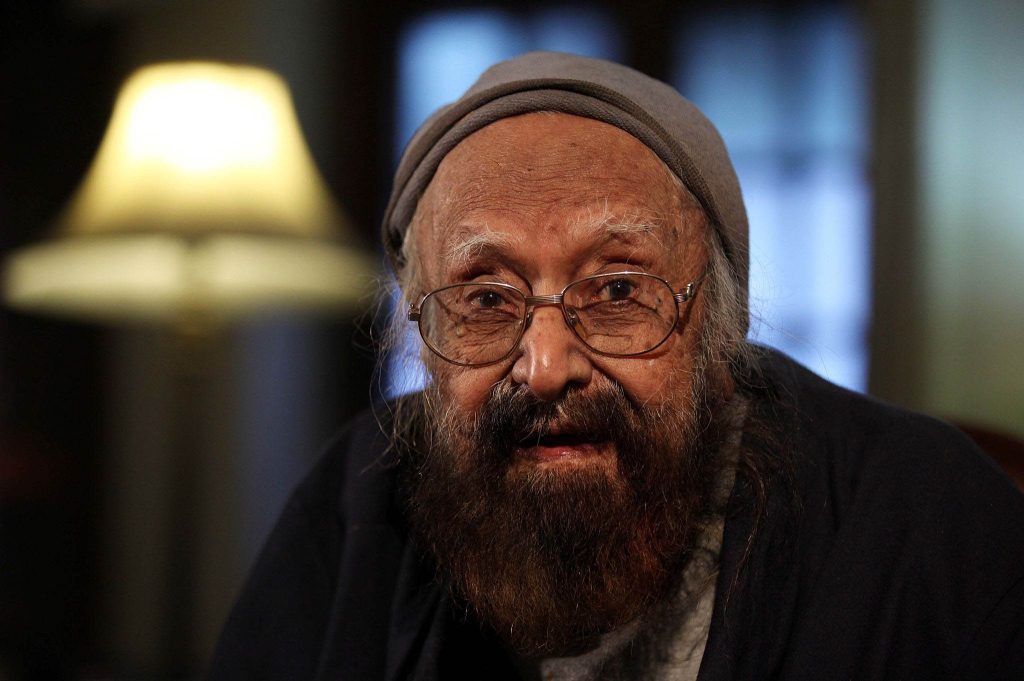
On Khushwant Singh’s birthday, 2 February, (he celebrated two birthdays – 2 February and 15 August), I kept thinking of his sheer farsightedness. Till about a couple of weeks before he’d passed away in 2014, he would comment that the communal situation in the country wouldn’t improve: “No, I am not optimistic but one should fight, one should make every single effort to save the country and openly challenge and take on these men who are destroying the country. We have to battle with them at any cost. If we love our country, we have to save it from the communal forces. And though the liberal class is shrinking, I do hope that the present generation totally rejects the communal and fascist policies and realizes that these are tough times for India.”
He would detail: “Today we don’t seem to be punishing the culprits who are fouling the atmosphere! Has anyone been punished for the Gujarat pogrom, for the Mumbai riots. For the last several years, I have been seeing signs of fascism creeping in and private senas being used to unleash terror on minority segments. …I think most Indians don’t realize the magnitude of the communal problem in our country—in spite of the signs being writ large in recent years. The way MF Husain’s paintings were burnt, or the shooting of a film stopped or the way changes were introduced in history books and school texts, the hate propaganda against the Christians and Muslims—false theories that the Christian population is going up because of conversions when in fact the reality is that the Christian population in India has actually gone down. And the Sangh capitalizing on old prejudices about Muslims—that they are multiplying at an alarming rate when the census figures clearly show that the rate of growth of the Hindu population has always been higher.”
“This communal violence and these prejudices are what worry me the most about this country…Fascism well and truly has crossed our threshold and dug its heels in our courtyard. We let the fanatics get away with every step they took without raising a howl of protest. They burnt books they did not like, they beat up journalists who wrote against them, they openly butchered people for believing in a different God.”
“Today what’s worrying is the anti-Muslim build-up and, now, encounter killings taking place on a daily basis. What causes me anguish is the way the media, both print and electronic, accepted the police version that, as usual, depicts Muslims as subversive and links them with militant outfits.”
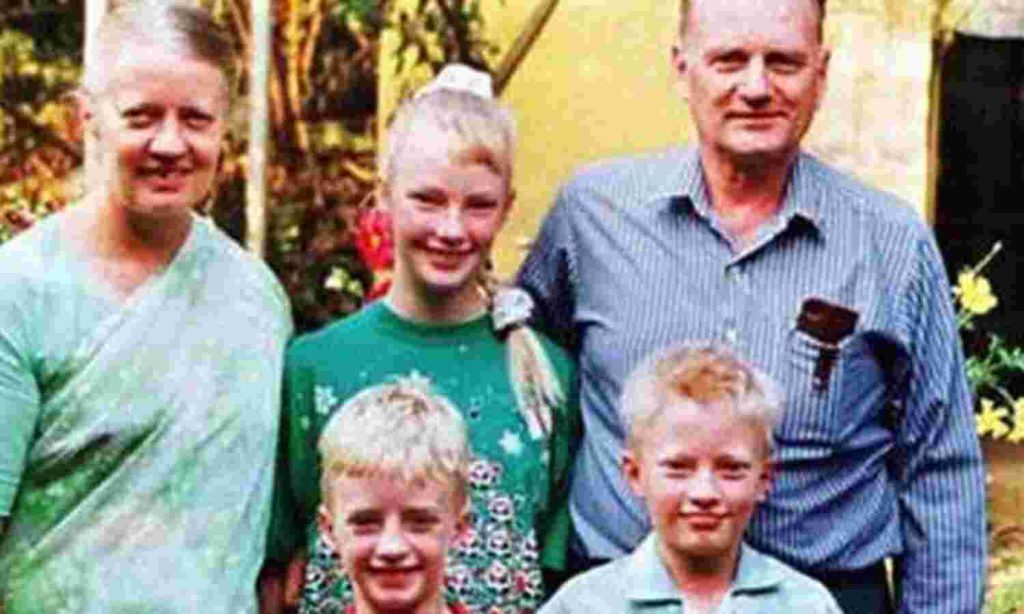
“I’ve written against the attacks on Christians…Anti-Christian violence, right from the time Graham Staines and his two sons were killed, to riots in Orissa’s Kandhamal and incidents of mob violence and damage to churches and Christian property. A great majority of English-speaking Indians have at some stage of their lives been to missionary schools or colleges or a hospital managed by missionaries, and nobody has ever tried to convert these Indians there. I think we have no gratitude for those who have served us selflessly.”
“I’d always wanted to bridge the gap between Sikhs and Muslims. When I was awarded the Rockefeller Fellowship I decided to write the two volumes on the history of the Sikhs under the auspices of the Aligarh Muslim University. Atal Behari Vajpayee had raised this issue in parliament, asking why I’m doing it from AMU!”
To the ‘why,’ Khushwant never developed anti-Muslim feelings. He told me, “I’ve never had any anti-Muslim feeling. Our village had about three hundred families and a majority of them were Muslims and though there was no real mixing (only met during formal occasions- deaths or marriages) but there was no apparent tension …peace prevailed and our families remained friends and during the Partition, nobody touched the village gurudwara. It remained intact… And years later, whilst studying in Lahore, I could sense the same – that is, aloofness between the Sikhs and Muslims with members of each community keeping to themselves but again it was largely peaceful. Years later, when I came back to Lahore I became friends with several Muslims – Manzur Qadir and also with Professor A.S. Bokhari and also with Rasheed sahib who was D-G Pakistan Radio. And even after Partition, some of my closest friends have been Muslims … when we shifted here, Muslims from our village would come to meet us here in New Delhi. In fact, two people who have left a deep impact on me are my Urdu teacher Maulvi Shafiuddin Nayar at the Modern School and Manzoor Qadir, my lawyer–friend in Lahore. And, of course, my love for Ghayoornissa.”
On how to counter the mess around, he would say: “It’s time to take on the fundoos and I also feel it’s time we came up with some sort of guidelines on how to protest against the establishment or to voice our anger against the general state of affairs. These protests should be done in such a way that they do not affect thousands of others – the general public, the commuters, office-goers, schoolchildren. Protests should not disrupt normal life … And one does not have to evolve some complicated procedure for this. Follow the example set up by Mahatma Gandhi and his non–violent ways of protest. He was no doubt the greatest protestor and did so by non-violent methods …Yes, our own Bapu Gandhi was the world’s greatest protester of all times. He had no doubts in his mind as to what was legitimate and what was not.”







